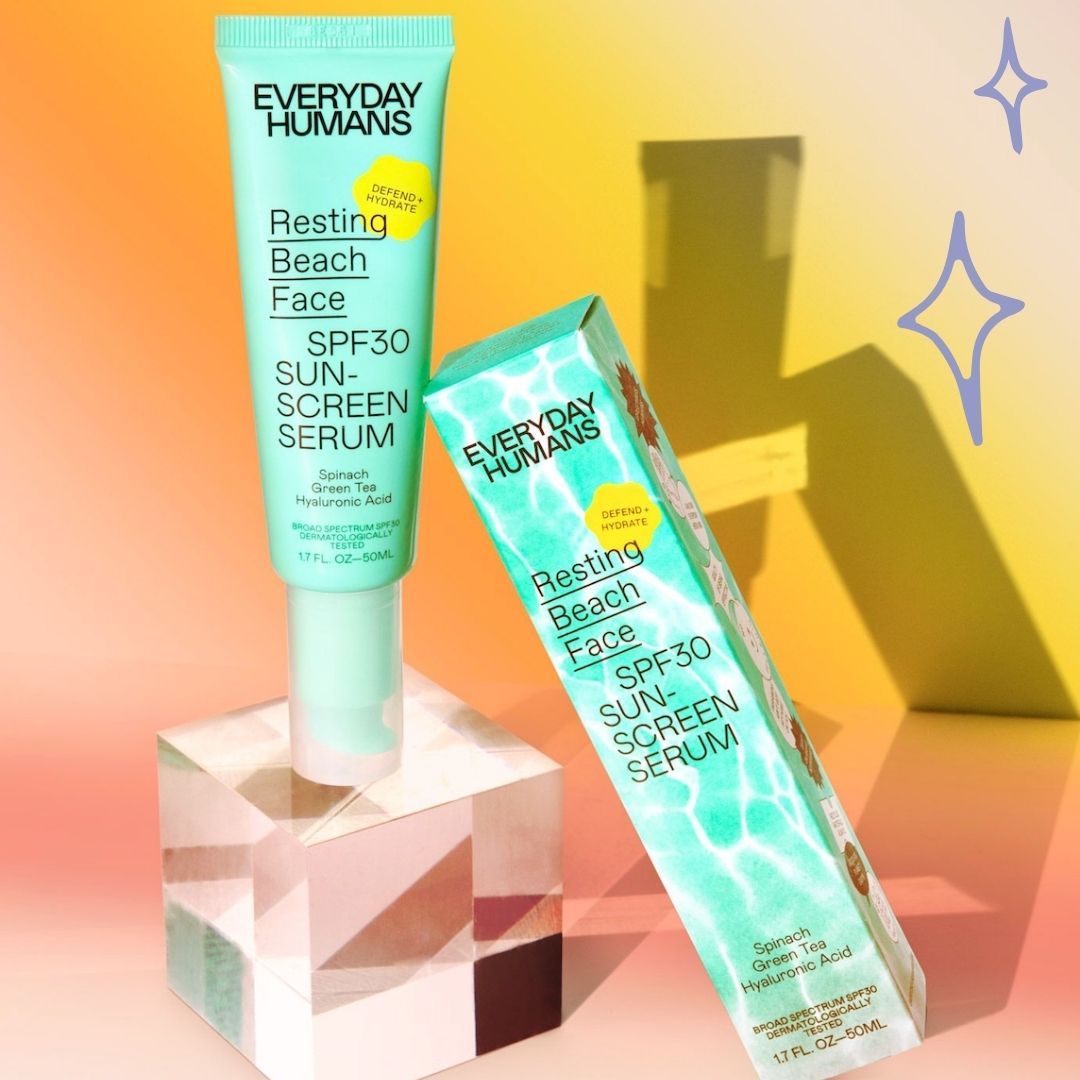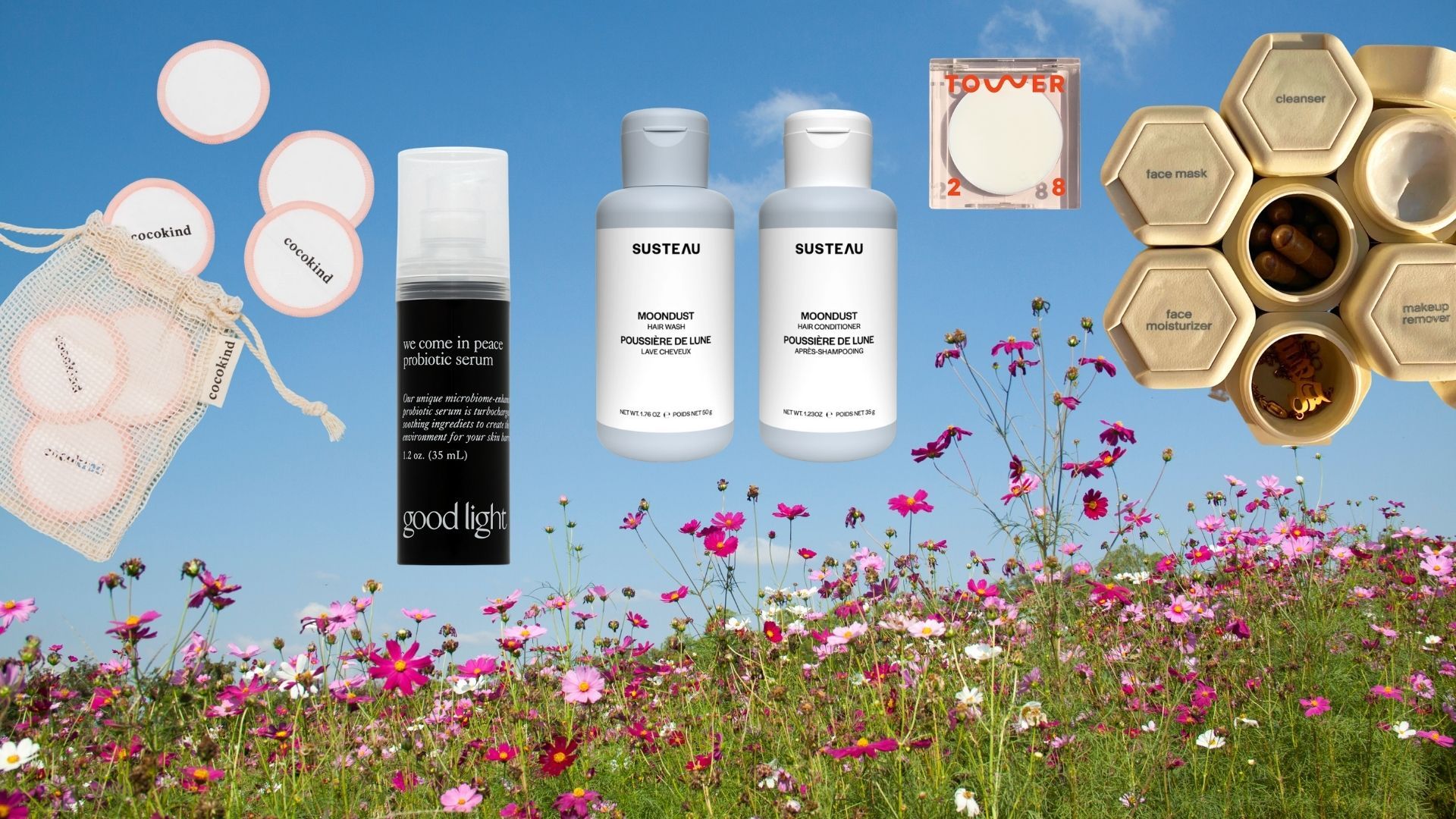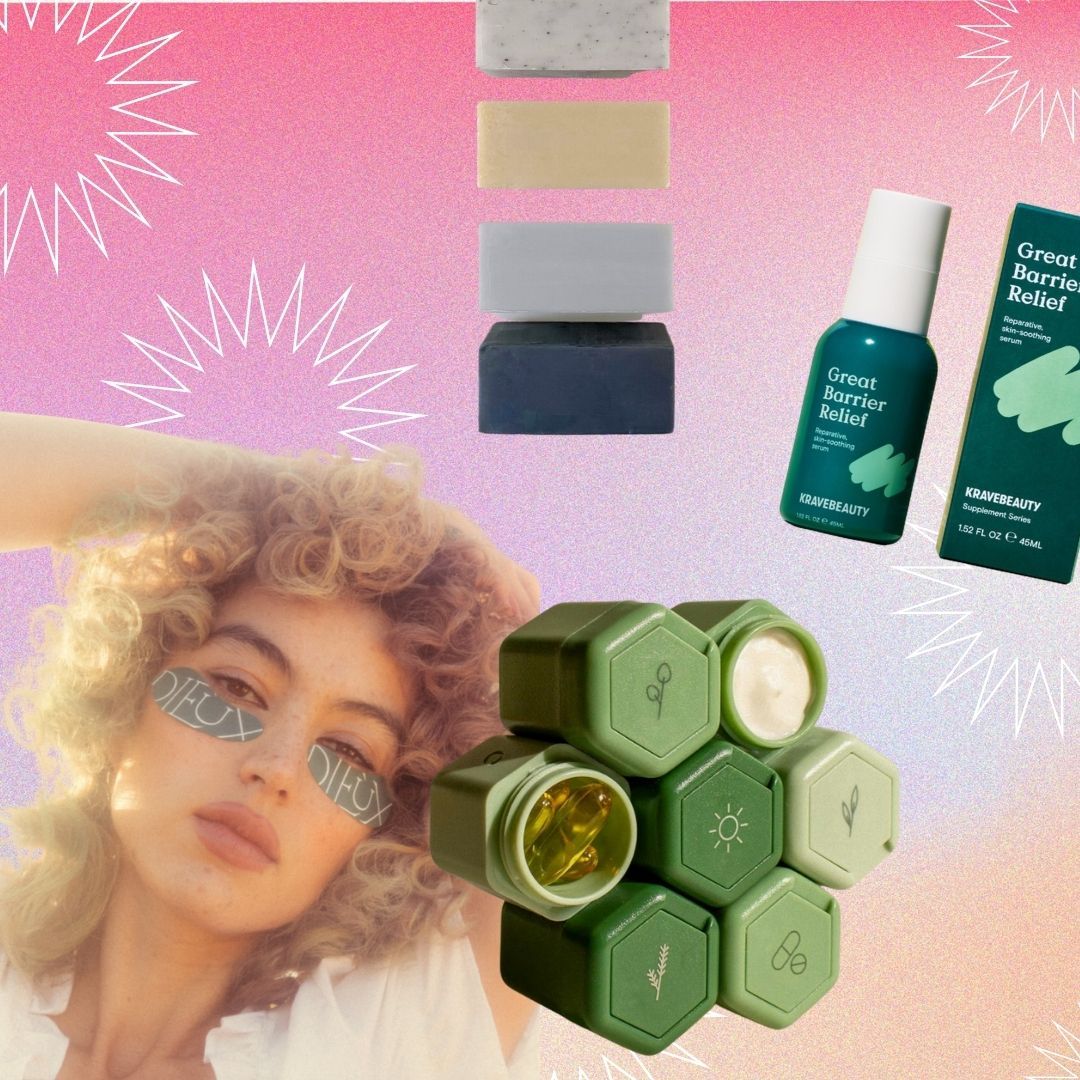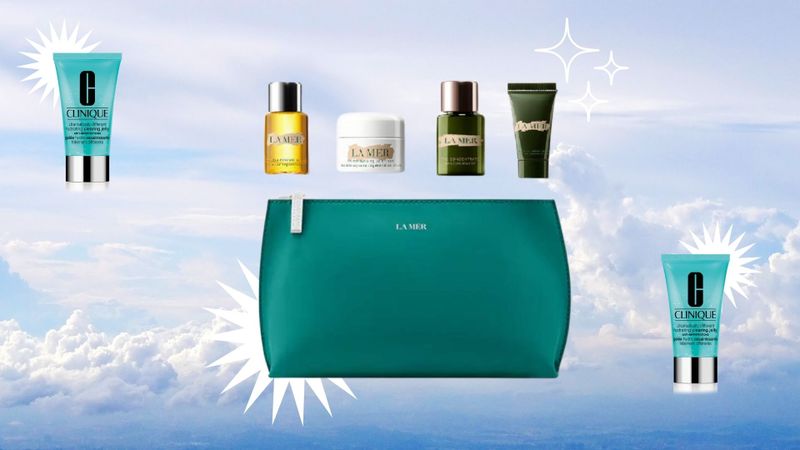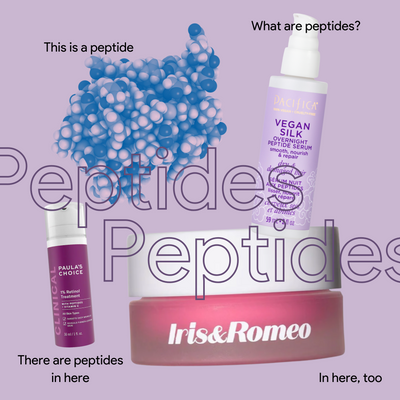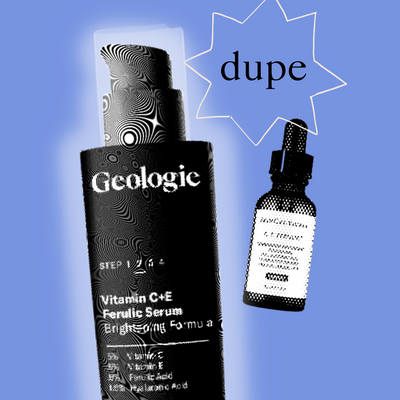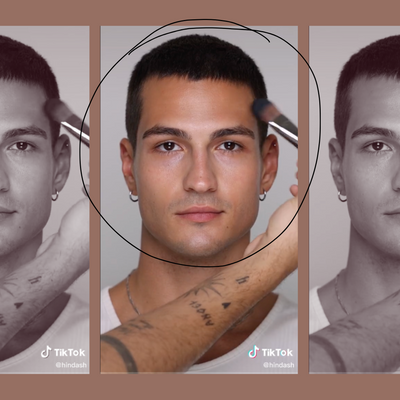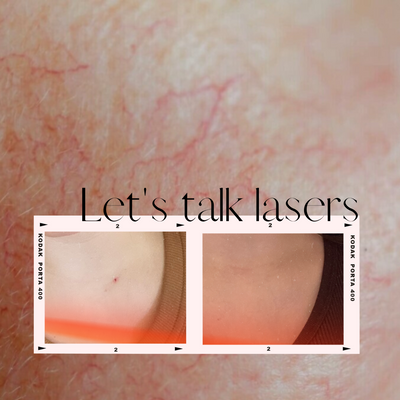How ethical is travel sized skincare?
For most, having a small, ever-growing stash of travel-sized skincare products is pretty normal. This, especially during holiday travel (and a friendly pro tip: Anything under 100mL is A-okay with the FTA!) But with traveling now becoming a luxury thanks to this new variant, suddenly, said travel-sized skincare products don’t seem so necessary.
SEE ALSO: How Erica Choi, founder of vegan skincare brand Superegg, went from influencer to brand owner
Which could be a good thing. With environmental health being at an all time low and it currently being a heavily saturated beauty market, should brands really be adding production of travel sized skincare into the mix? Very Good Light spoke with Jo Marini, Sustainability focused MBA Professor and Co-Founder of sustainable skincare brand, REYN, to discuss why brands should rethink travel sized skincare.
Sustainability is often seen through a single lens.
When a consumer thinks about sustainability, their mind often goes to packaging, but there’s a good reason for that. “packaging is one of the most visible signs of sustainability for a product,” Jo tells Very Good Light. “But when I think about sustainability in REYN, we see it from end to end, right? What is the total footprint of our work?”
Sustainability is not just the package that encases our product formulations, but it is a multi-dimensional concept that ranges from ethical ingredient sourcing all the way to educating consumers on how often they should be pumping out product each day.
Overbuying can contribute heavily to product waste.
Even if you only have a collection of two skincare products, there is still room to be wasteful. This is why sustainability is more than just the product itself, but how you use it.
“Another way we talk about sustainability is that within a 30mL bottle, if you use one pump a day, it will last you for 300 days,” explains Jo, “So we actually design sustainability in usage as well.”
The problem with travel size
Everyone wants to try something. We try on clothes, jewelry, hats, but when it comes to skincare, we are often expected to purchase without experience, “especially since a lot of brands are strictly e-commerce now, there’s no way to find it in person,” Jo tells Very Good Light. Brands typically fill this lack of product experience with a cheaper, mini version of the product for the customer to try out. But is this ethical?
“I mean what is the best case scenario for a sample size? You use it 5 or 6 times?” asks Jo. With the creation of a mini product SKU, a whole new contribution to the beauty industry’s footprint, through extra production, packaging, shipping, is being added only to be used a total of 5-6 times, then tossed.
“I’m not against sampling or travel because I am just simply against sampling or travel,” Jo explains. “I am against it because I haven’t found a way to do it that is ethically aligned with the values of REYN.” Ultimately, it is not the idea of providing customers with an easy way to try out a product that is the issue, but the lack of sustainable ways to do so.
Avoid creating more product.
Traveling efficiently with your products starts from its size. The weight of the packaging as well as the amount of product inside all contributes to how easy it will be to travel with that particular product. “It was important to make sure our packaging was the right size,” Jo tells Very Good Light, “which means that it’s not extra heavy, so the footprint of that 30 mL bottle is as small as it can get.” Creating an intentional, customer-need driven design helps to avoid the creation of a totally new SKU of products for very specific usages.
Sustainability isn’t one sided.
This means consumers have to do the legwork. Brands are not the only ones who have to contribute to creating a more sustainable world and healthier environment. Try purchasing skincare products that can meet multiple needs, so if an airplane flight is in your future, this product can fit in your carry on without the need to buy an extra travel sized version. Ultimately, it’s up to us – the beauty community – to come up with better solutions. Until then, here’s to carrying less products that do more and consuming a lot less.
READ MORE LIKE THIS
